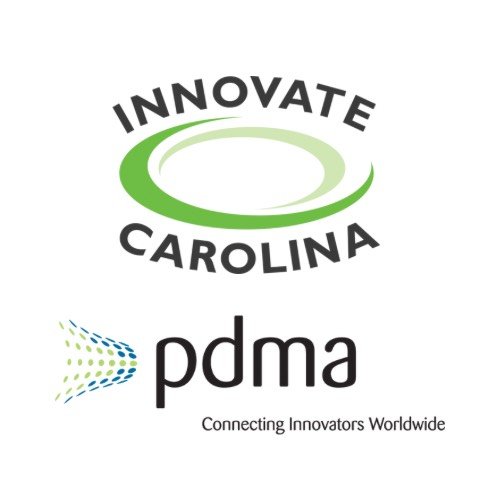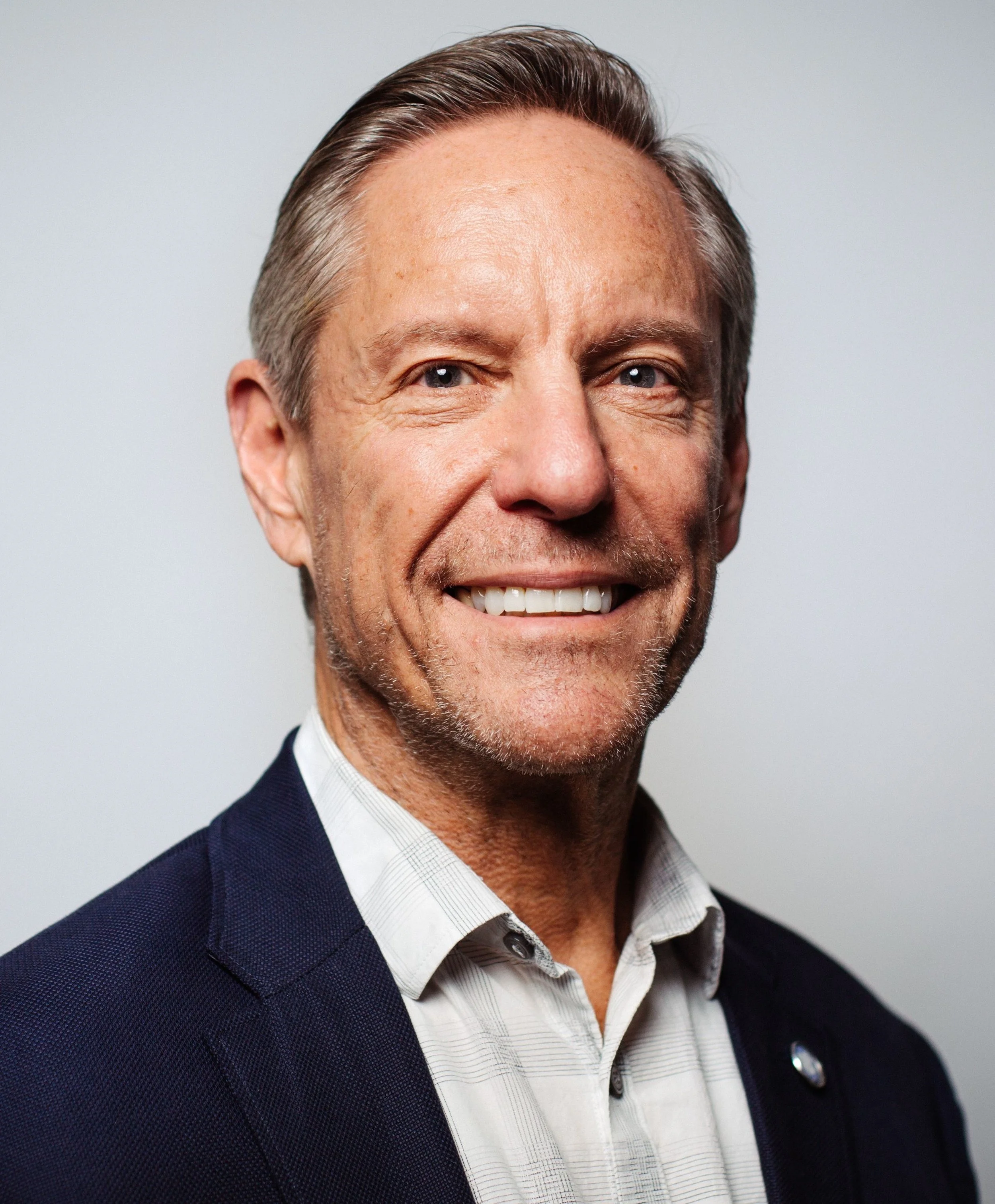Mission Driven Innovation: Leveraging Innovation to Save Lives
PDMA’s community of product innovators and managers have the immense opportunity to leverage innovation to improve the lives of billions of people by focusing our skills and energy on the underserved regions of the world. Mark Adkins, former chair of the PDMA and the CEO of the medical technology startup LeanMed, will explore this hypothesis through the lens of the development of the O2 Cube. A solar powered medical innovation that brings vital medical oxygen to the one billion people around the world that lack access. Just addressing the scourge of pediatric pneumonia, which kills 800,000 children every year, is one way innovation is making the world a better place to live.
mark adkins, LeanMed
Mark Adkins is the CEO of LeanMed (www.leanmedinnovation.com ), a medical device company dedicated to bringing essential treatment to underserved regions through innovative technologies. Lean Med's first product, the O2 CUBE, delivers vital medical oxygen to patients of rural health clinics in developing nations. Mark also served as a director and chair of the Product Development and Management Association (www.pdma.org ) and is an advisor to the Center for Medical Innovation www.engineering.pitt.edu/CMI/ at the University of Pittsburgh. During his corporate & consulting career, Mark and his teams have led development projects that have launched numerous new products with lifetime sales of over $1B.
What is your role as a product manager and innovator in shaping a resilient and sustainable world?
How can managers blend virtual and face-to-face work to avoid the loss of connections and social capital that hybrid work brings? Michael Arena introduces us to an alternative organizational design that leaders can adopt to overcome the losses and limitations of a hybrid environment.
Drawing on organizational network theory, this session will show how each of the three stages of innovation (idea generation, idea incubation, and scaling) can be undermined by hybrid work. The session will propose an alternative organizational design expressly created to overcome these limitations. This approach recognizes that the network connections needed for each of the three stages of the innovation process require different types of social capital and identifies how managers can create a resilient hybrid environment with the capacity to avoid loss of connections and social capital.
Michael Arena, PHD, the inovo group
Michael Arena Ph.D. is the chief science officer and co-founder of the Connected Commons, a research consortium that brings together business and academic thought leaders to develop and apply organizational network solutions. He is also a faculty member in Penn’s Masters in Organizational Dynamics program. Arena most recently served as the vice president of talent and development at Amazon Web Services (AWS), where he leveraged network analysis to enable employee growth, organizational culture and innovation.
Prior to joining Amazon, Michael was the chief talent officer for General Motors Corporation where he helped to facilitate the business transformation, which is highlighted in his book Adaptive Space. Michael also spent two years as a visiting scientist with MIT’s Media Lab researching human networks and he acted as a design thinking coach within the Stanford dSchool.
Change is Constant- Staying Resilient Through Transitions
Organizations strive to foster sustainability, and we often think that we will be able to adapt thanks to careful planning. Speakers Rodney E. Gaddy and Emily S. Lancucki have learned that riding the wave of catalysts like the pandemic, stakeholder changes, and consumer feedback can ultimately lead to personal and product resilience. Sharing lessons learned from careers in law, nonprofits, and community health, Rodney and Emily will discuss navigating change in order to achieve a sustainable future.
Emily S. Lancucki and Rodney E. Gaddy, ONE Charlotte Health Alliance
Prior to serving as the first Executive Director of ONE Charlotte Health Alliance (OCHA) Rodney completed a 27 year career at Duke Energy, most recently, serving as senior vice president of Administrative Services. In that role, Rodney was directly responsible for managing a $300 million budget and leading an organization of approximately 1200 workers in the areas of Real Estate, Land Services, Support Services and Aviation and Travel Services. Often jokingly saying he “failed at retirement” Rodney brings a high degree of energy and excitement to his role with OCHA as he was inspired by the organization’s mission to support and maximize health and the quality of life in a more equitable way. Throughout his professional career Rodney has always found the time to actively support community-based organizations and causes supporting the under-privileged. He is currently on the Boards of Child Care Resources Inc., Big Brothers Big Sisters of Central Carolinas, and is the Chairman of the PBS North Carolina Foundation Board.
Emily brings a diversity of skills and experiences in leading through change with resiliency from over 10 years spent building solid partnerships, developing innovative strategies, and leading community relations initiatives. Over the course of her career Emily has held roles in the US and in Asia, earning opportunities to deepen her understanding of all facets of program operations and philanthropic activities. Emily has served organizations as a Director of Operations, a Head of Cross-Curricular Development, and as an Executive Director. She is currently the Operations Director for ONE Charlotte Health Alliance.




